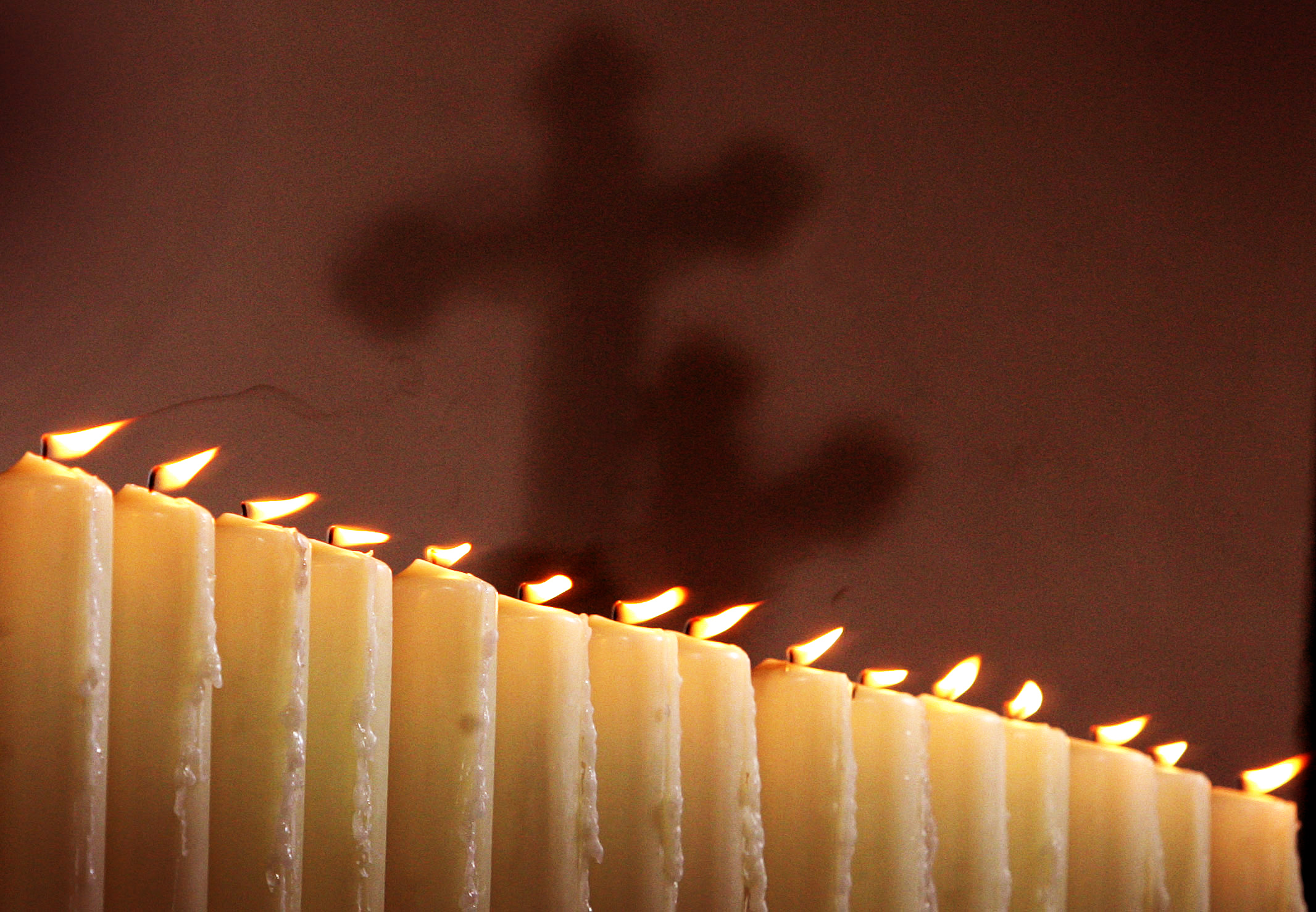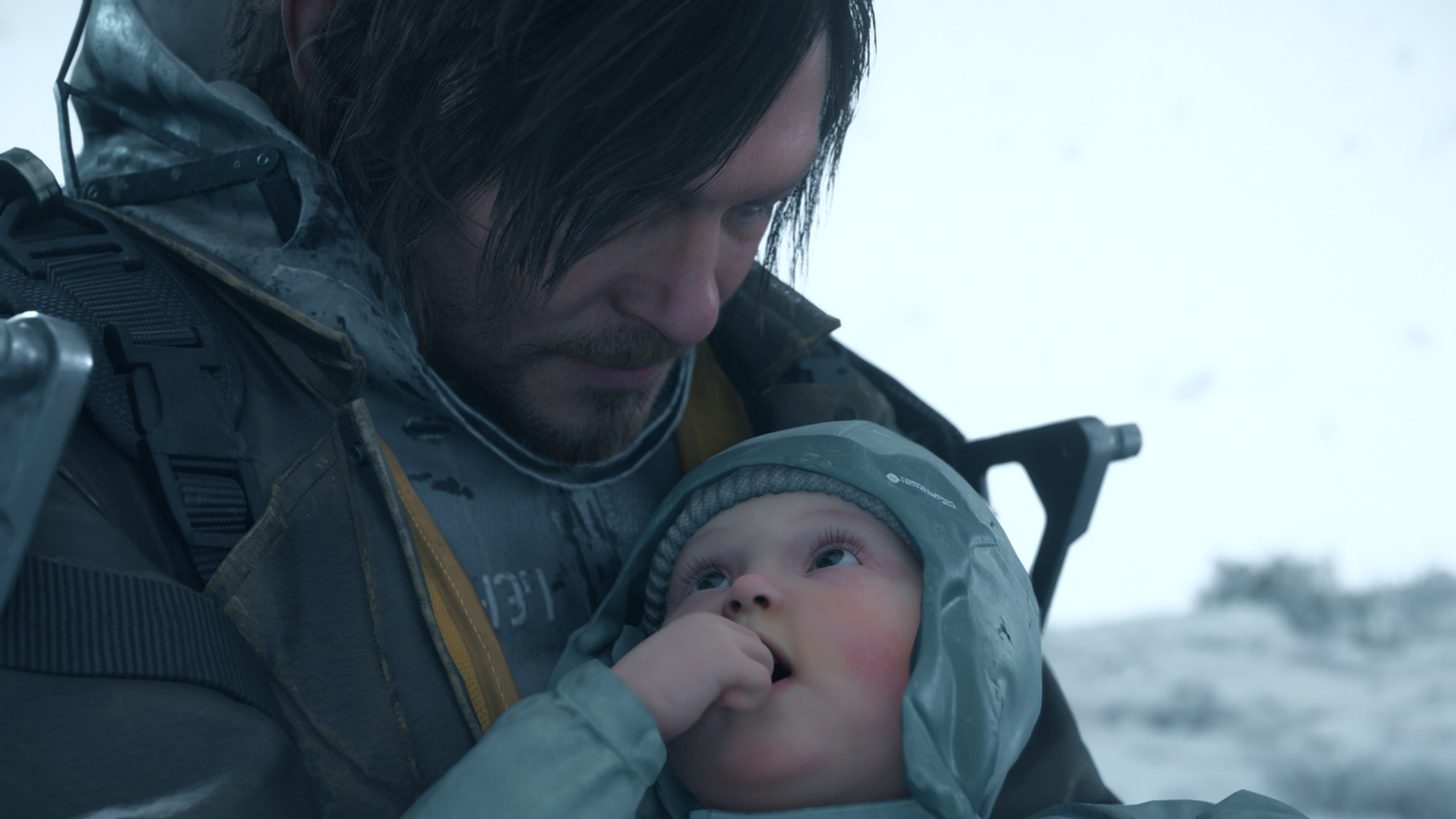Is Christianity in America doomed?
A closer look at big new Pew report on religion in America


Last month, New Atheist God-hater Daniel Dennett wrote an op-ed column in The Wall Street Journal that used a Pew poll to argue that the future of religion is bleak. I responded with a column of my own in which I mocked this claim, since the poll Dennett relied on actually made mixed predictions about the future of religion in the United States and painted a fairly rosy picture of its next few decades around the globe.
Now Pew has released another major poll focused in much greater depth on the United States, and it's being widely interpreted as providing evidence that religion (or at least Christianity) is indeed on the decline in the United States.
So was Dennett right, at least about America? Is the future of Christianity in the United States bleak after all?
The Week
Escape your echo chamber. Get the facts behind the news, plus analysis from multiple perspectives.

Sign up for The Week's Free Newsletters
From our morning news briefing to a weekly Good News Newsletter, get the best of The Week delivered directly to your inbox.
From our morning news briefing to a weekly Good News Newsletter, get the best of The Week delivered directly to your inbox.
Short answer: Not necessarily.
A nearly 8-percentage point drop in those calling themselves Christian (from 78.4 percent to 70.6 percent) in just seven years is a big deal. If those numbers are accurate, Christianity is certainly shrinking in America at a rate that, if it continues over the coming years and decades, will produce profound cultural changes.
But we're not there yet.
At the moment, what we seem to be seeing is a dramatic retreat of Catholicism, which may be following mainline Protestantism into demographic decline. But the same cannot be said of evangelical Protestantism (which is growing in absolute numbers and down less than 1 percent — from 26.3 percent to 25.4 percent — in its share of the population as a whole). That's a mixed bag, and if evangelical growth increases even slightly, it will begin to compensate partially for the shrinkage of the Catholic and mainline Protestant churches.
A free daily email with the biggest news stories of the day – and the best features from TheWeek.com
So skepticism is in order.
If that's my short answer, here's a longer and more interesting one:
The future of religion in America depends to a considerable extent on the future spiritual disposition of the "nones" — the religiously unaffiliated Americans who describe themselves as atheist, agnostic, or "nothing in particular." Their remarkably rapid growth — up from 16.1 percent to 22.8 percent of the population in just seven years — is closely connected to the fact that more than one third (36 percent) of the so-called Millennial generation declines to affiliate with any religion. As elderly Americans, who are far more religious, die off, they are being replaced, demographically, by what seems to be the most secular generation in American history.
It's clear that these young people have little interest in taking part in religious traditions or institutions. But are they truly godless? And will their lack of faith persist as they age?
The answers to those questions are what will determine the shape of America's religious, cultural, and moral character over the coming decades.
Teasing out the answers with any confidence will require more polling. But the current Pew poll can get us started — and point pollsters in the direction of the kinds of questions they need to start asking the religiously unaffiliated.
Pew helpfully breaks the nones down into three groups:
* Those who describe themselves as atheist or agnostic. (25 percent in 2007; 31 percent in 2014.)
* Those who claim to be "nothing in particular" and consider religion either not at all important or not very important. (Steady at 39 percent from 2007 to 2014.)
* Those who claim to be "nothing in particular" but nonetheless consider religion to be somewhat or very important. (36 percent in 2007; 30 percent in 2014.)
On one level, this seems to show that the unaffiliated are undergoing a hardening of unbelief, with more people willing to describe themselves as firmly godless and fewer expressing lingering religious attachments.
But I wonder: How many of the more aggressively secular ever find themselves lapsing into God-talk — musing, for example, about how everything happens for a reason? Or how a painful event or act of suffering was "meant to be"?
These quite common statements of divine providentialism need not be rooted in any historic religious tradition. But they are undeniably forms of religious thinking.
Some of the people who speak and think this way can be described as Moralistic Therapeutic Deists. That's the term coined by sociologist Christian Smith to describe the vague spirituality and moral certainties that prevail today in a lot of ostensibly Christian churches and in American culture more generally, even among the superficially secular.
Others who find themselves lapsing into providential speaking and thinking may not be this kind of functional deist. They might actually believe and repeatedly insist that they reject all forms of faith in God or gods.
Yet their providential words and thoughts betray them, revealing that deep down they feel they need metaphysics in order to make sense of their moral convictions and experiences. And that is a sign, I would argue, that religion (or potential religion) maintains a more powerful grip on their souls than the results of the Pew poll would lead one to expect. It may also be an indication that the political philosopher Leo Strauss was right when he observed that "the moral man as such is the potential believer."
As long as these providential intimations persist, so too will the possibility of a religious rebirth or revival — even among those who have actively abandoned the established churches, or who have set out on their lives supposedly thinking "nothing in particular" about God.
Damon Linker is a senior correspondent at TheWeek.com. He is also a former contributing editor at The New Republic and the author of The Theocons and The Religious Test.



